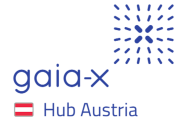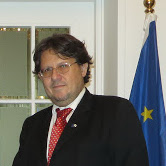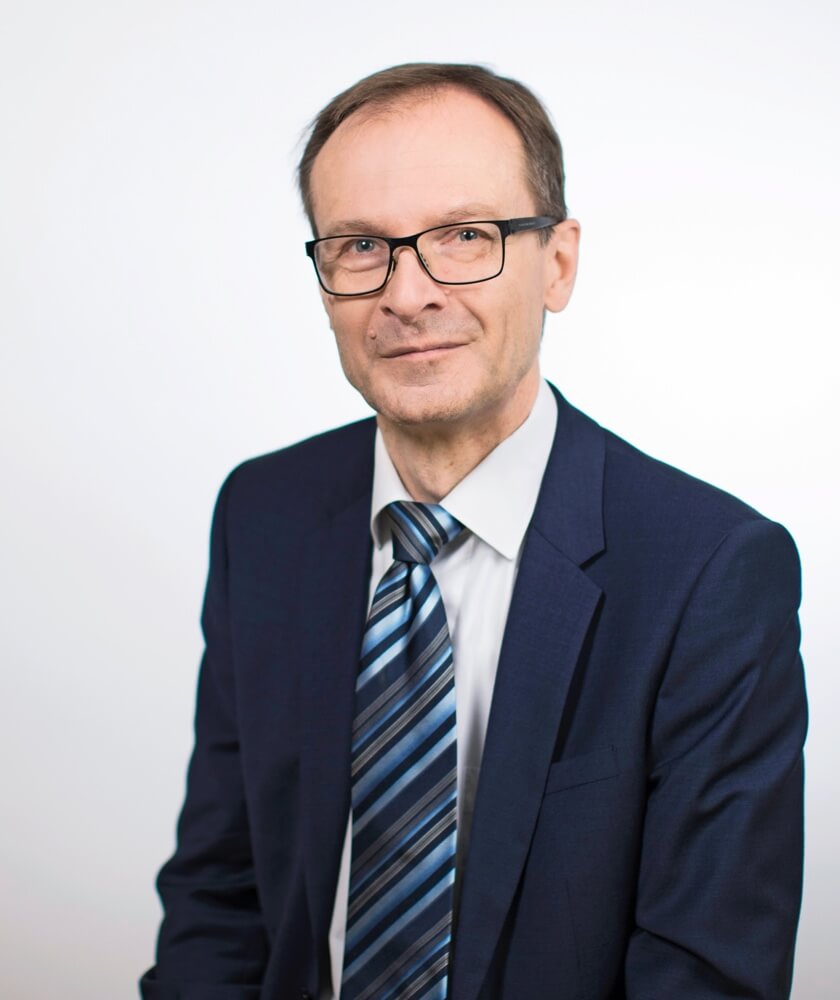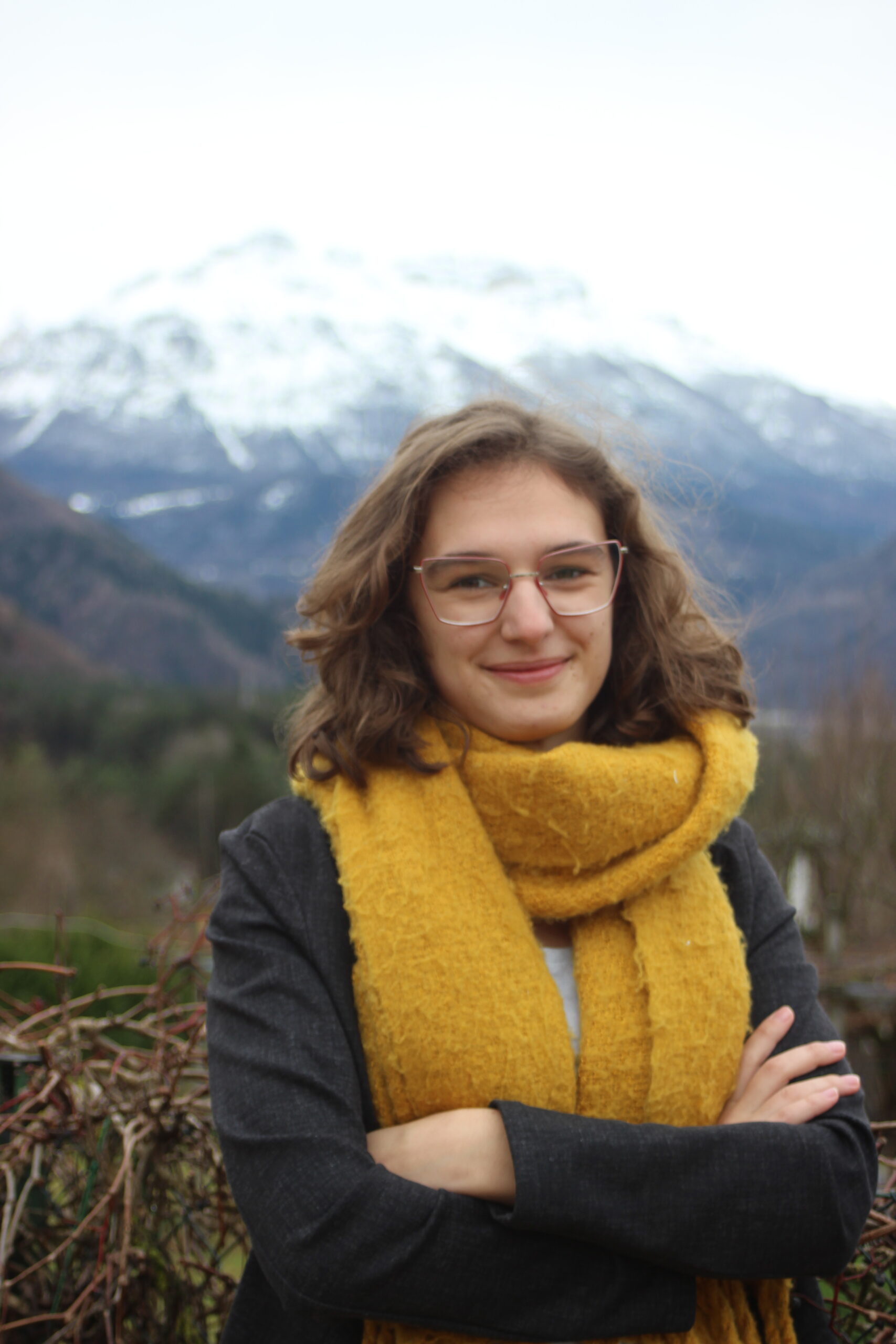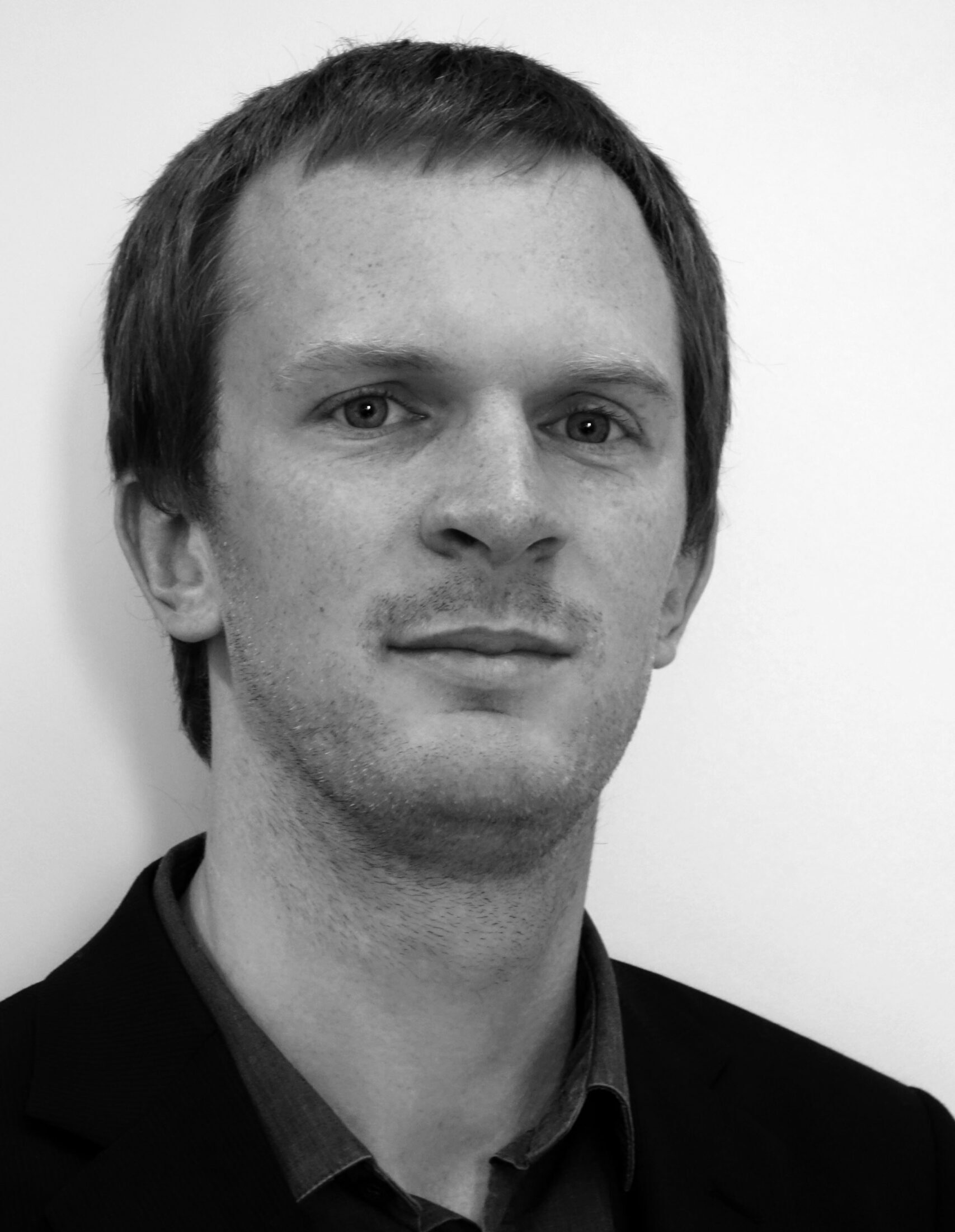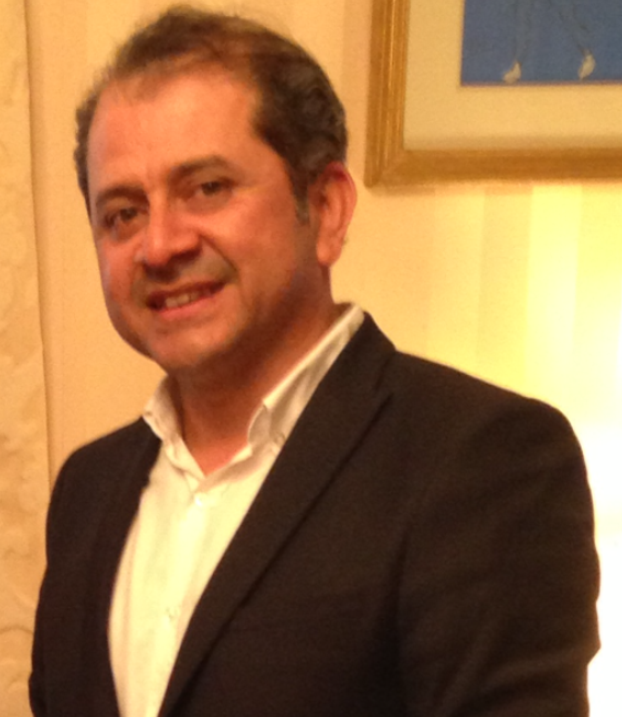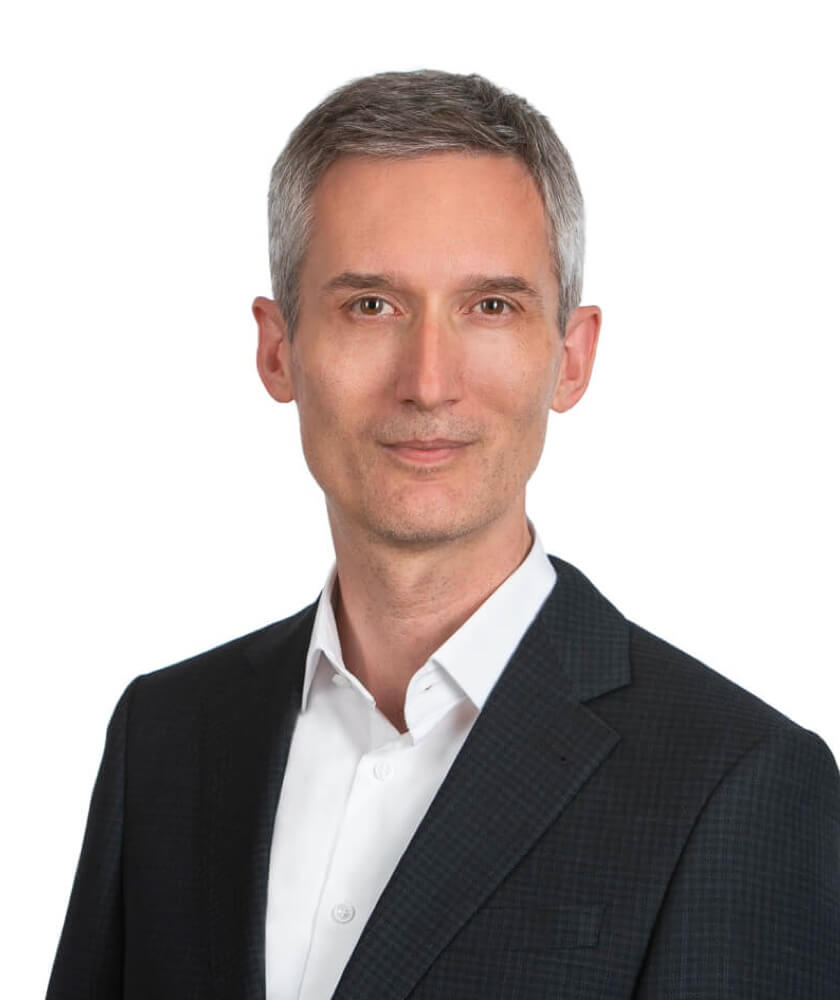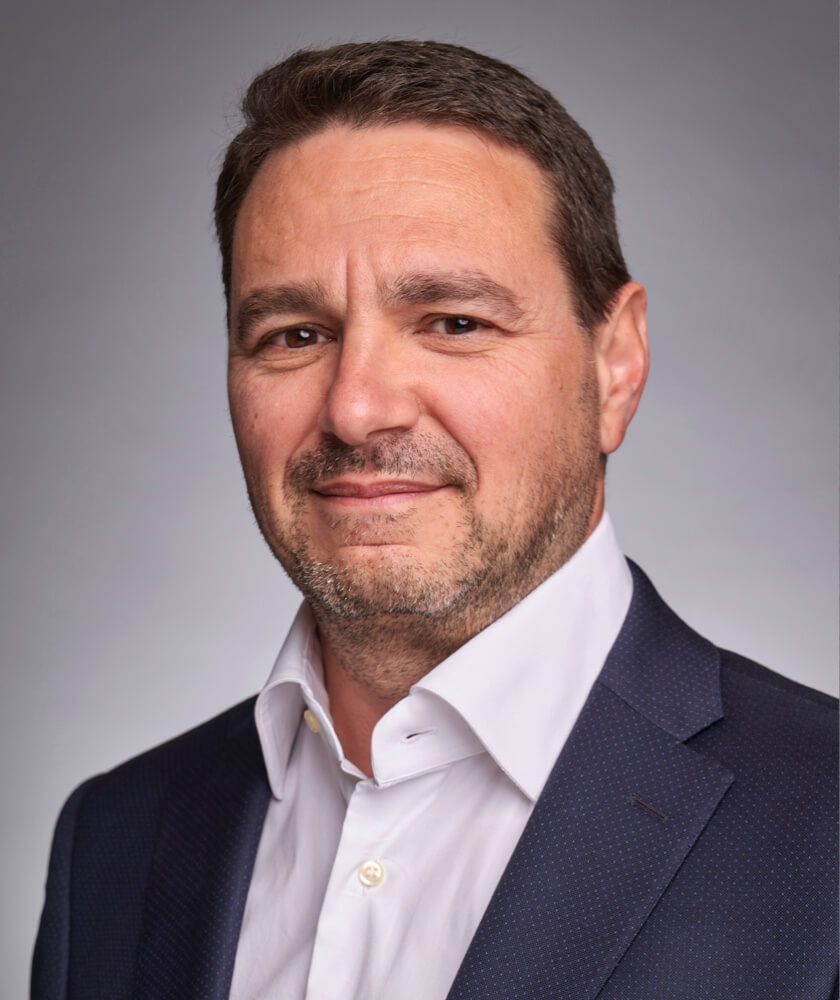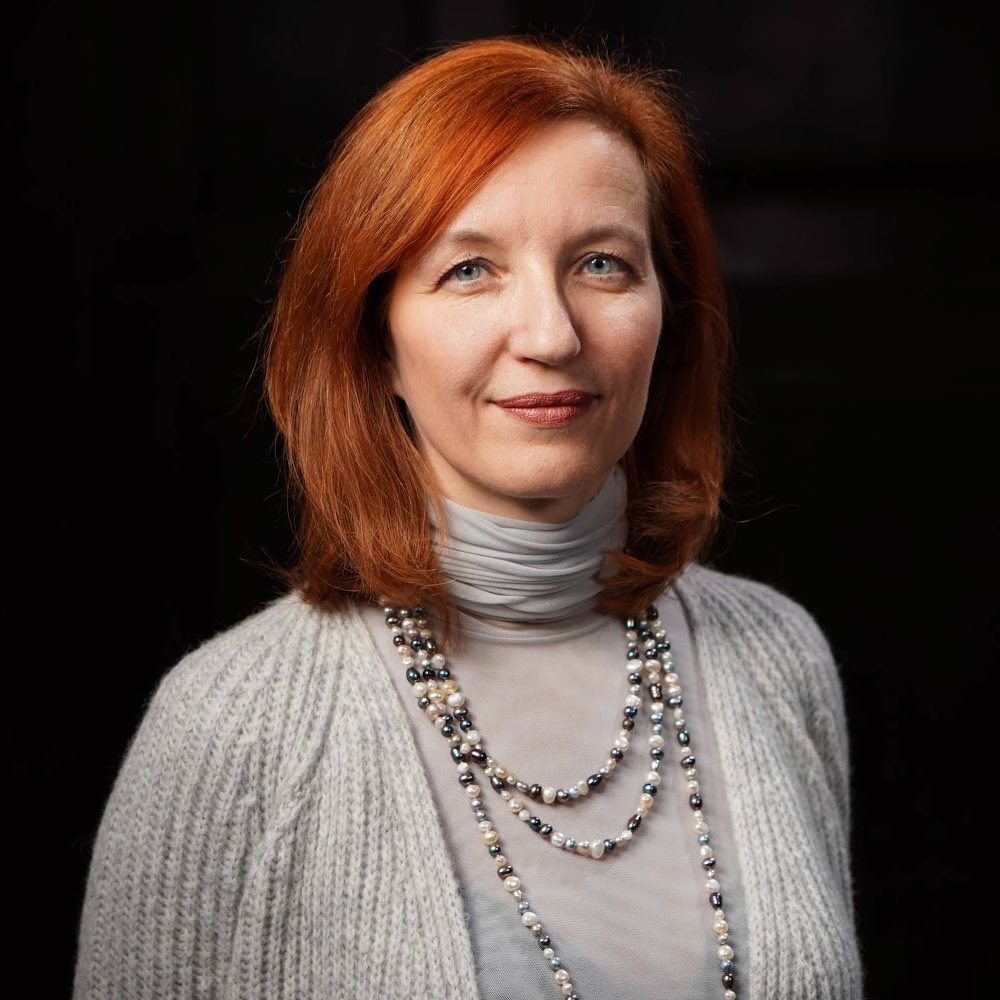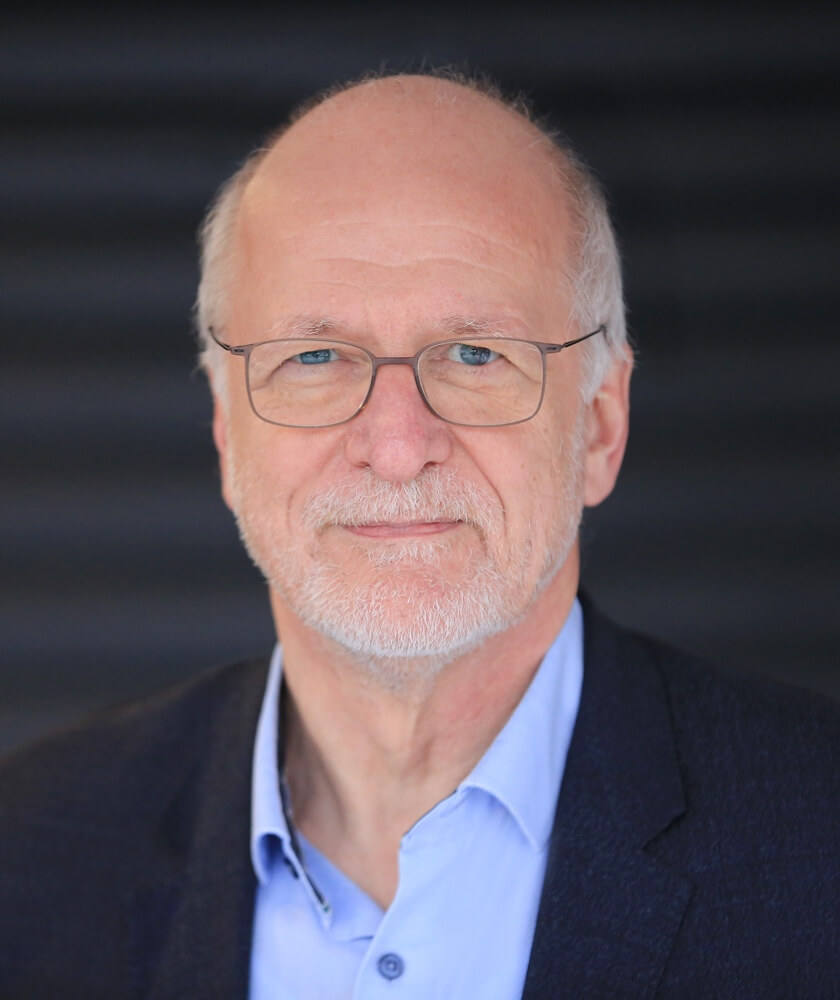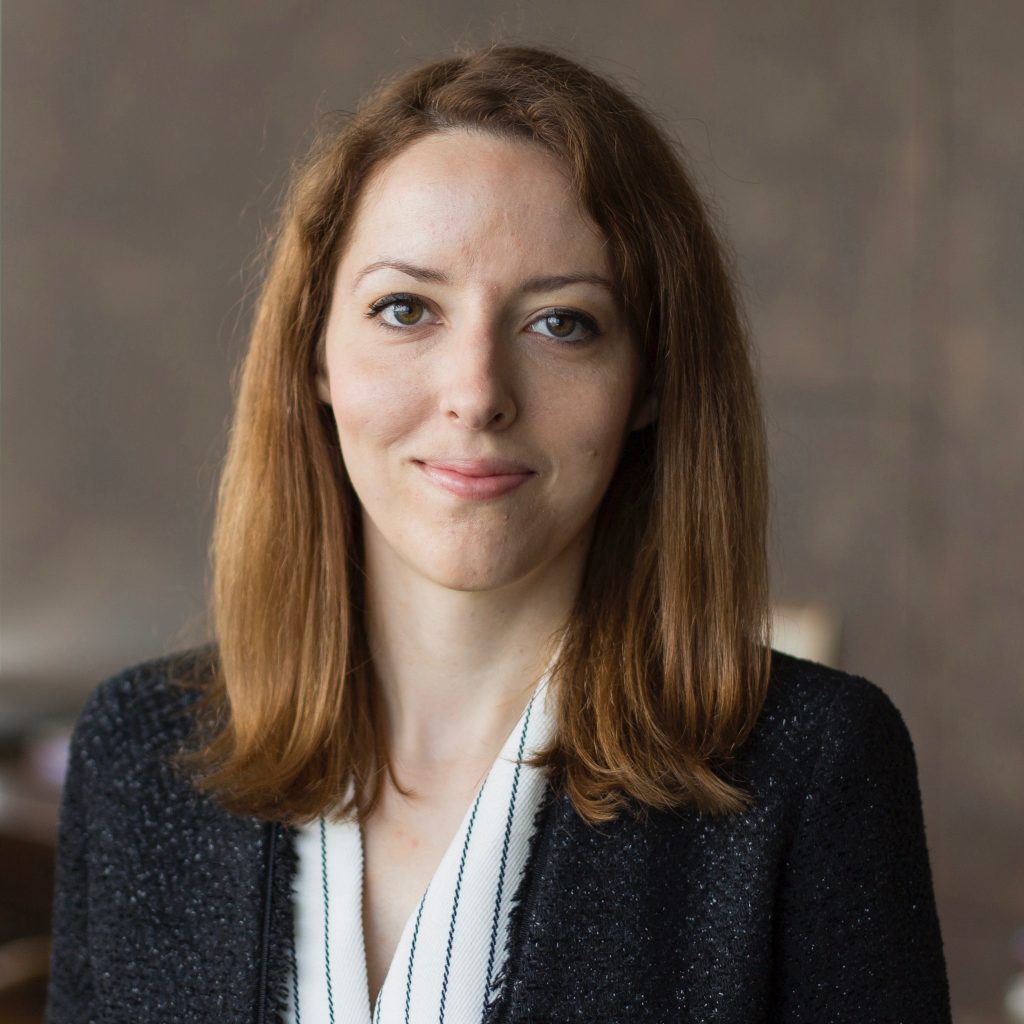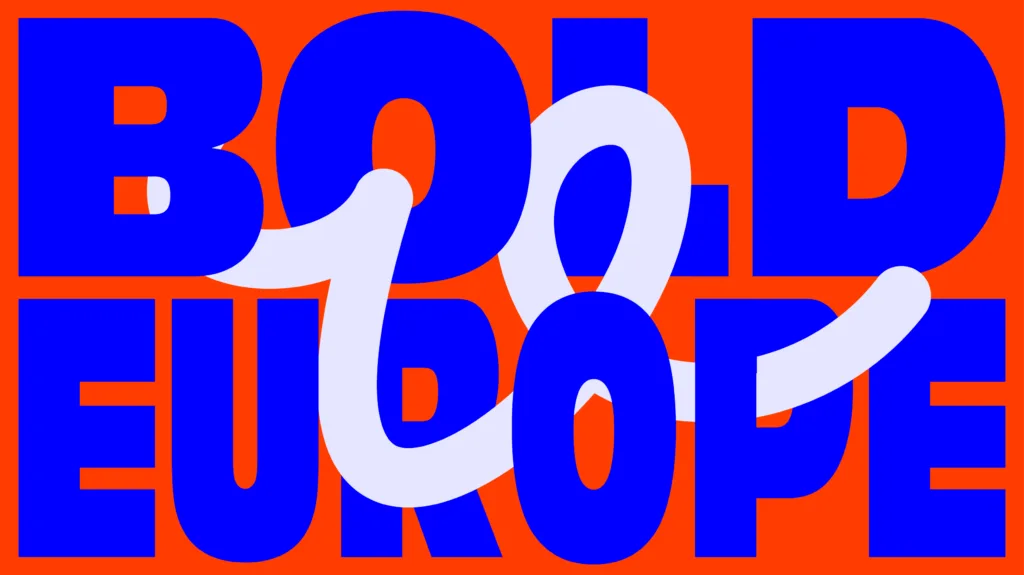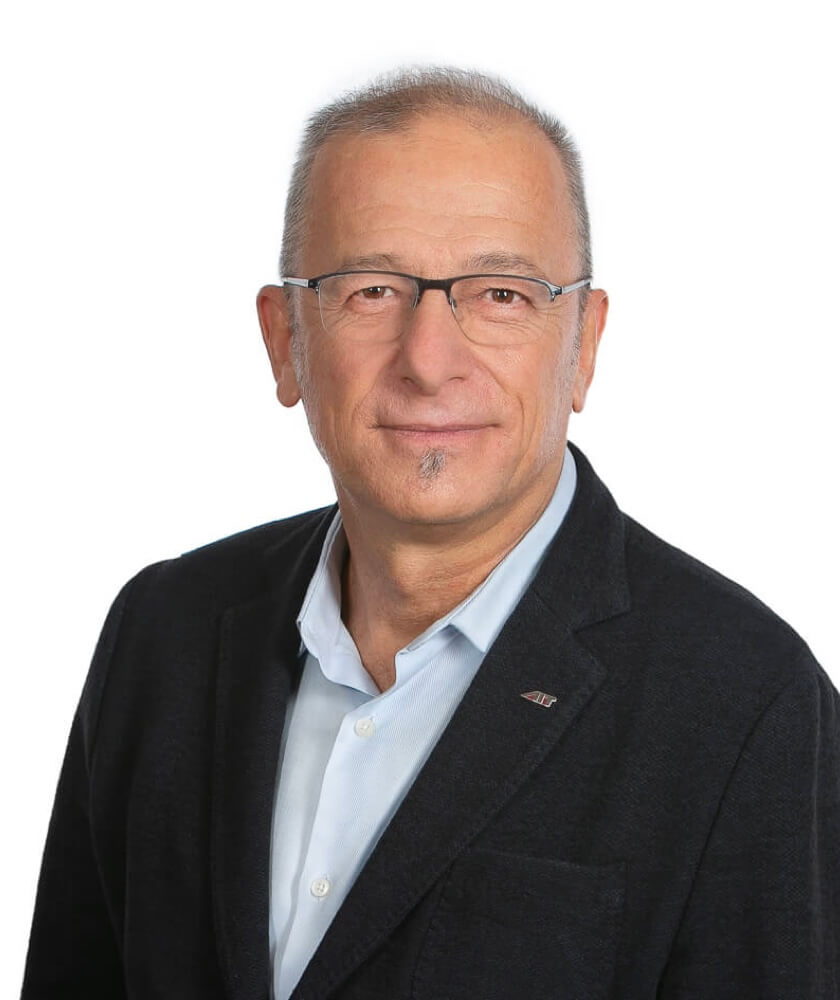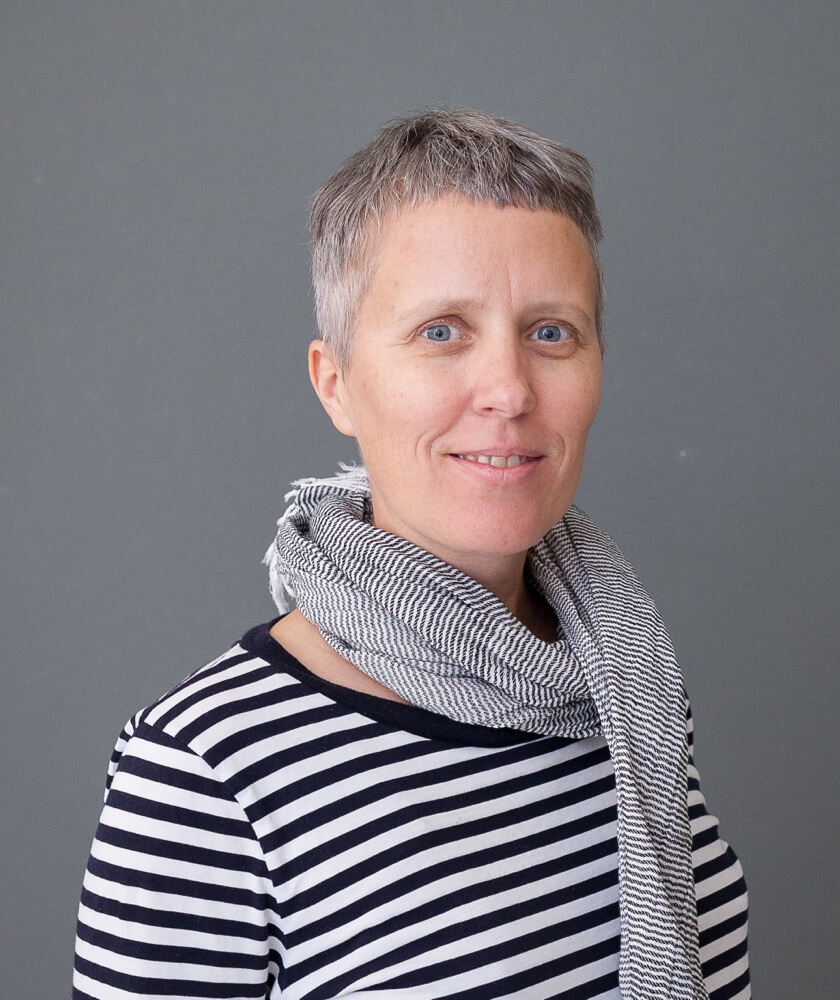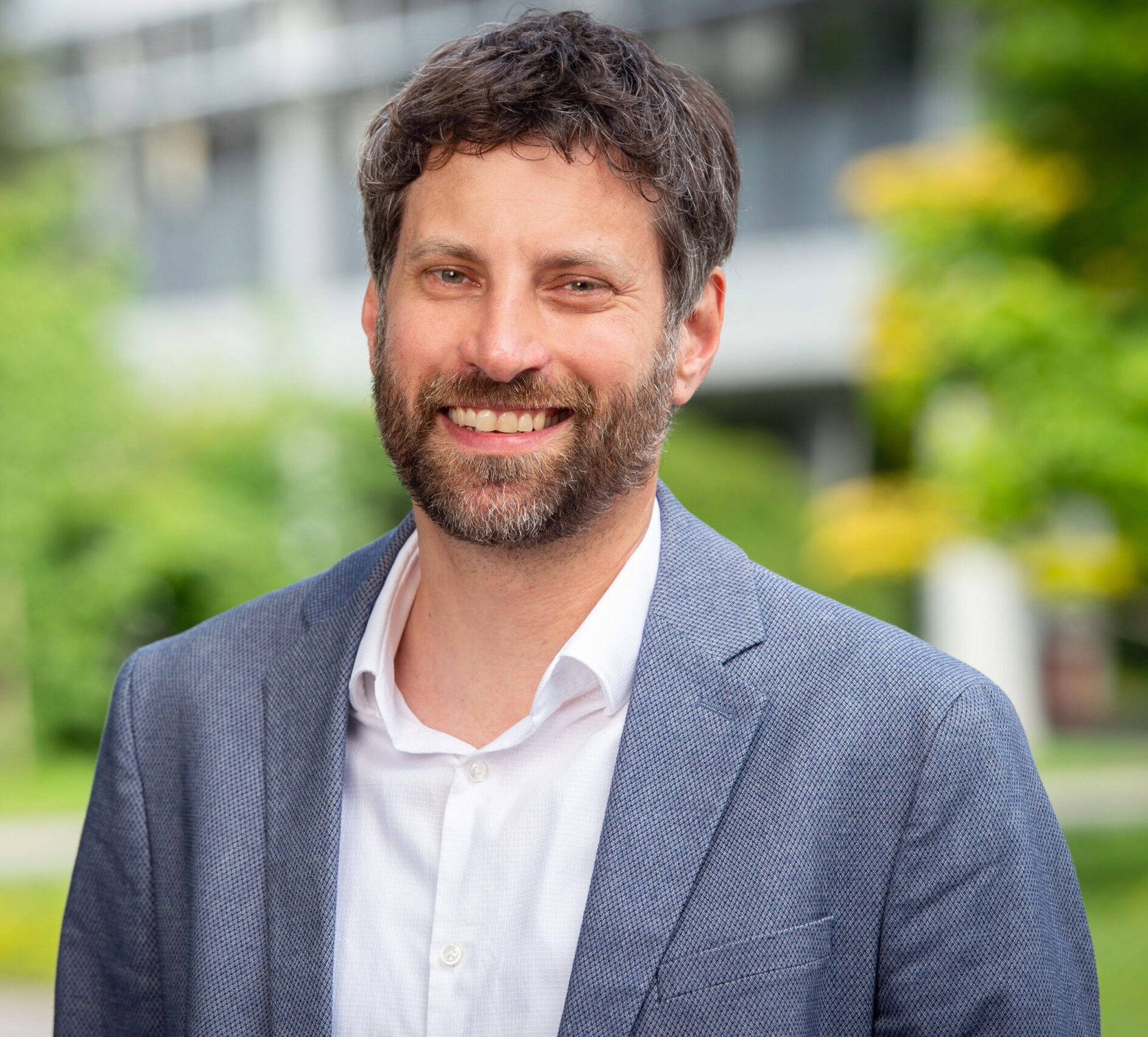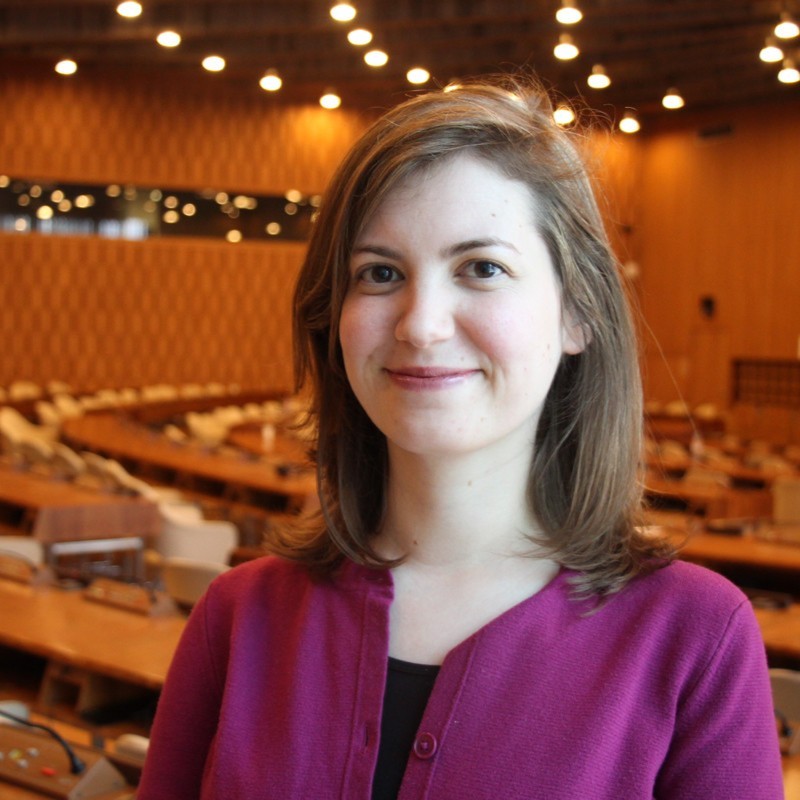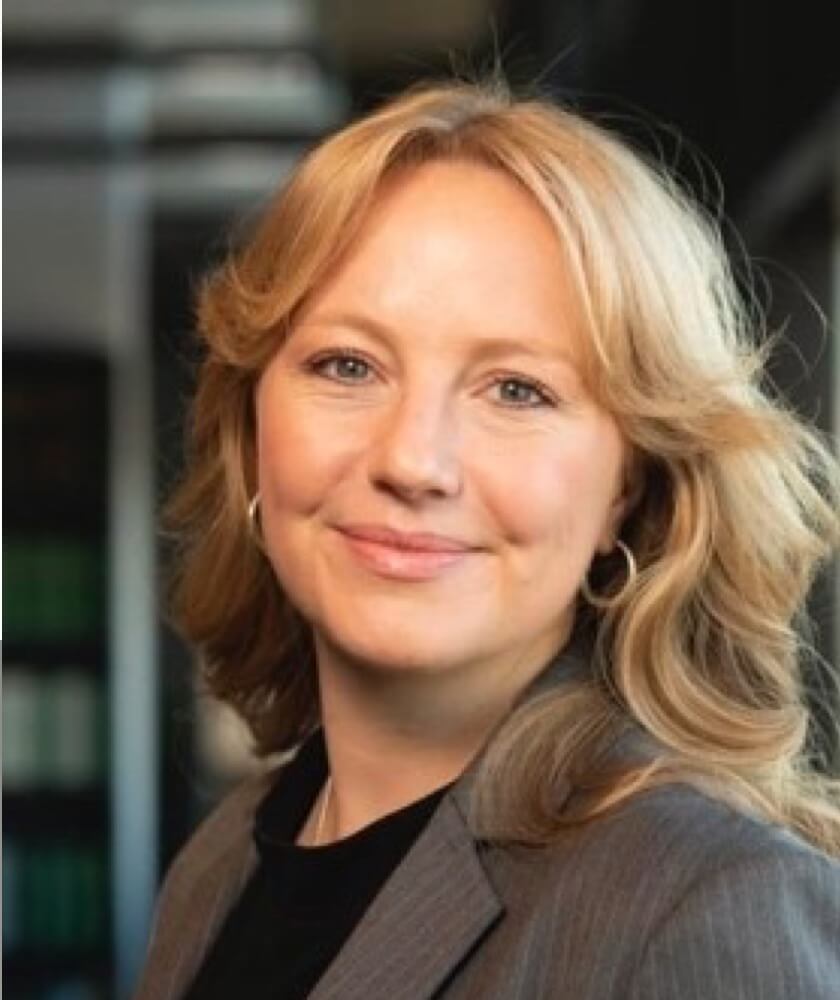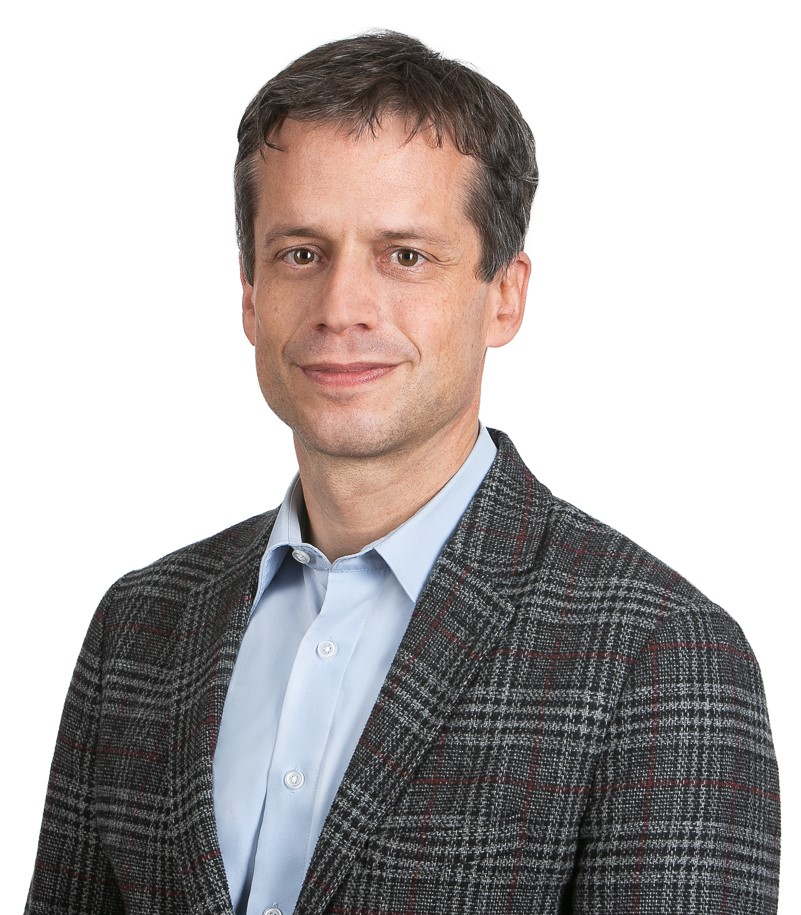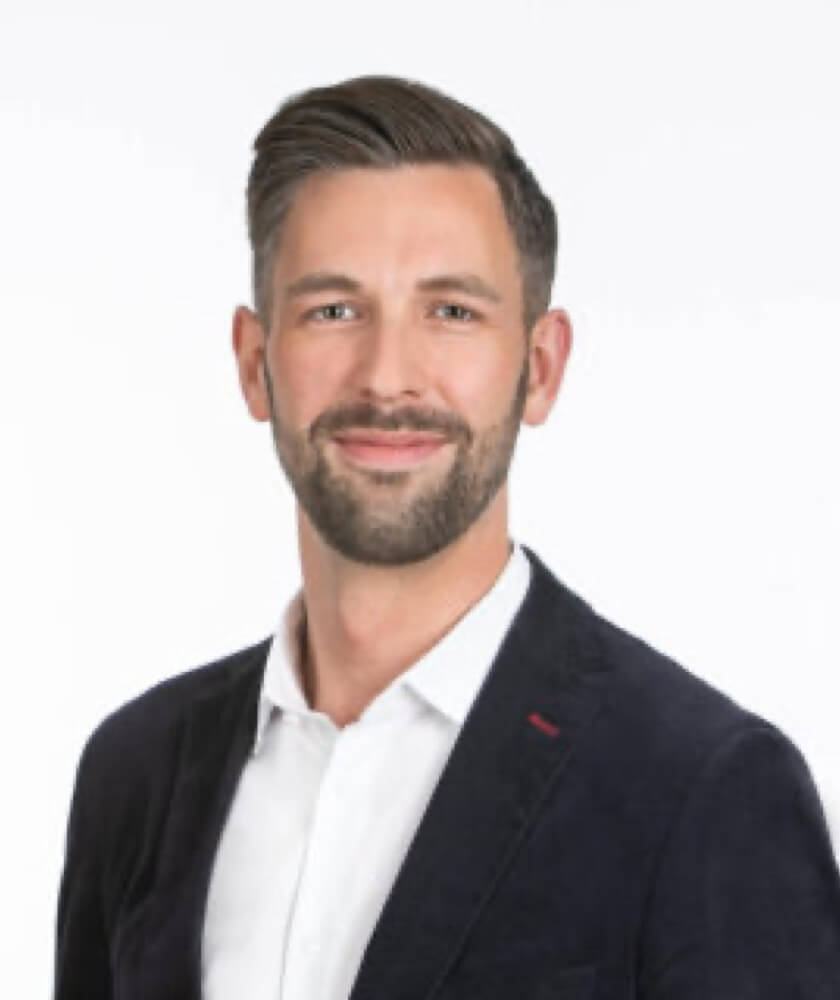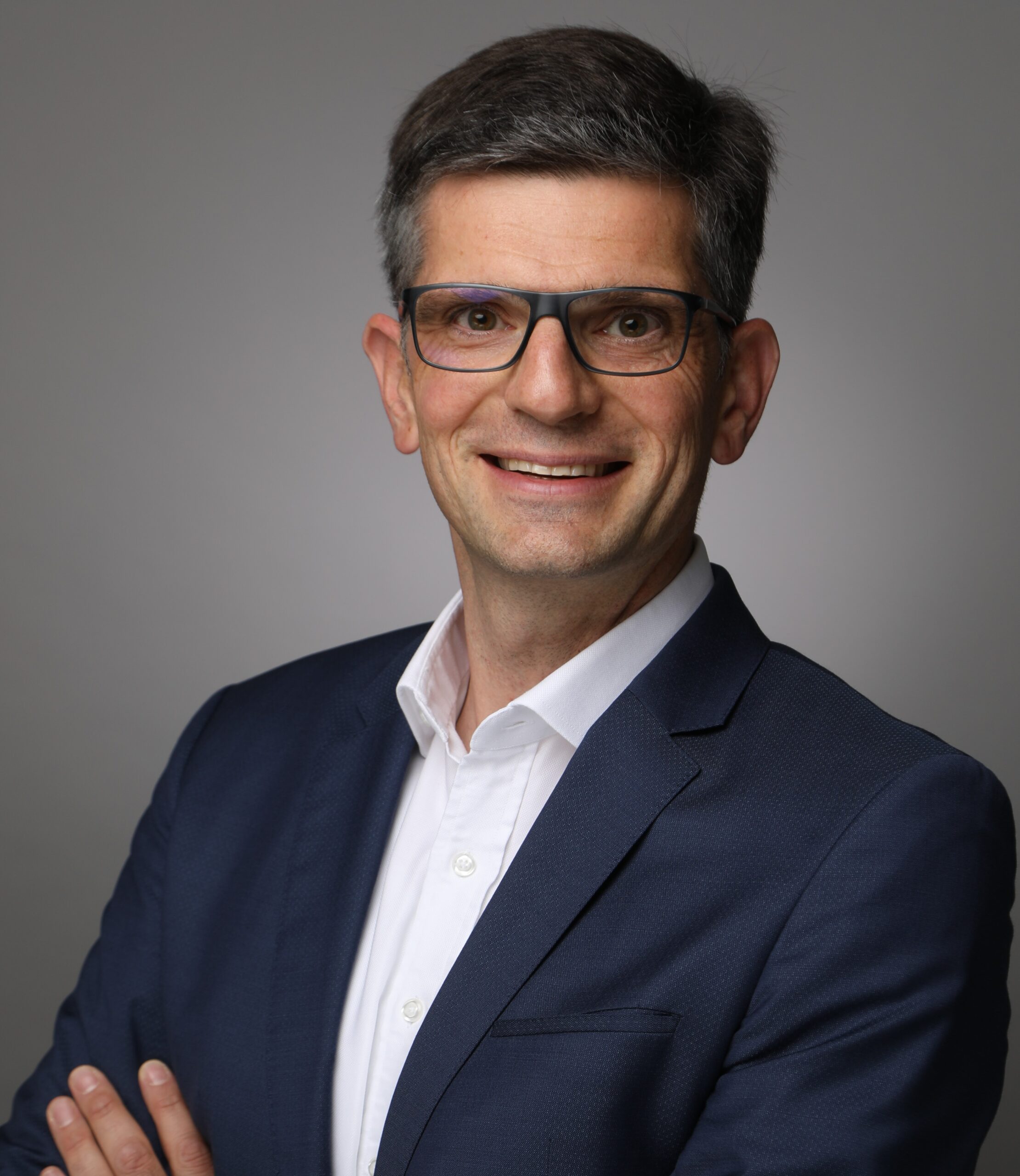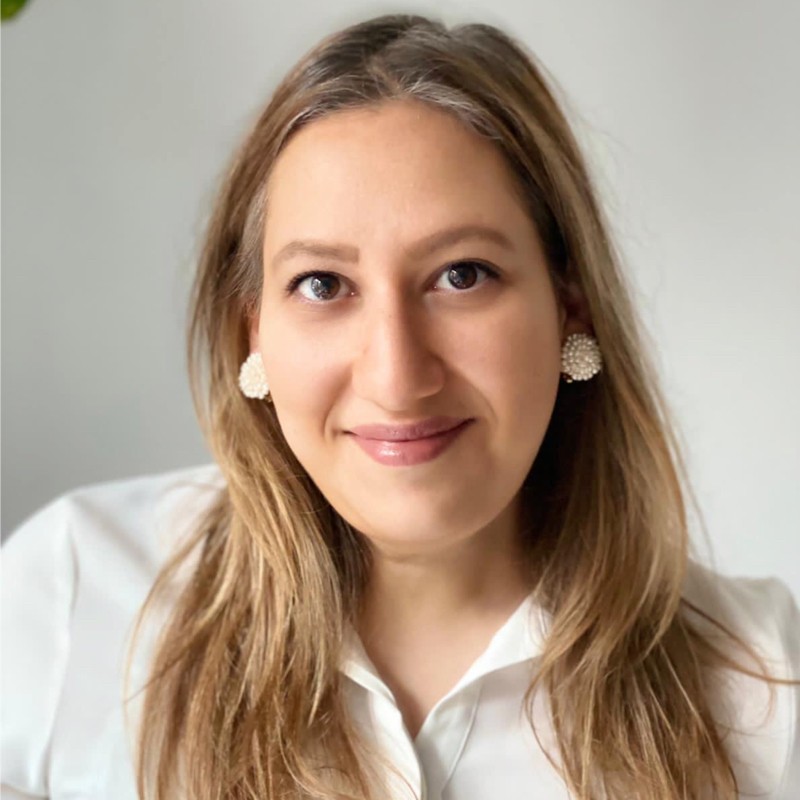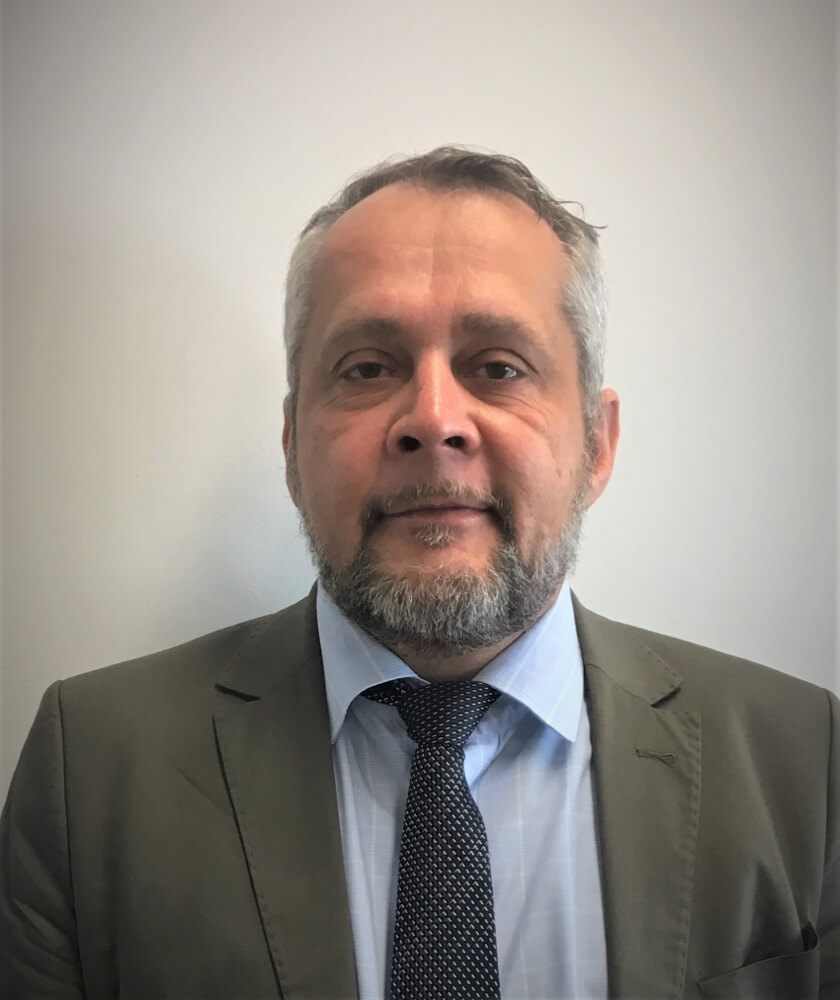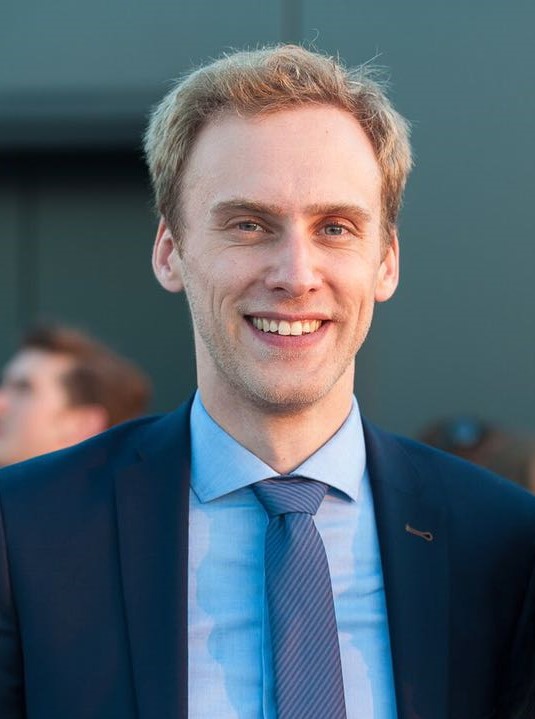THE EFA23 LABS
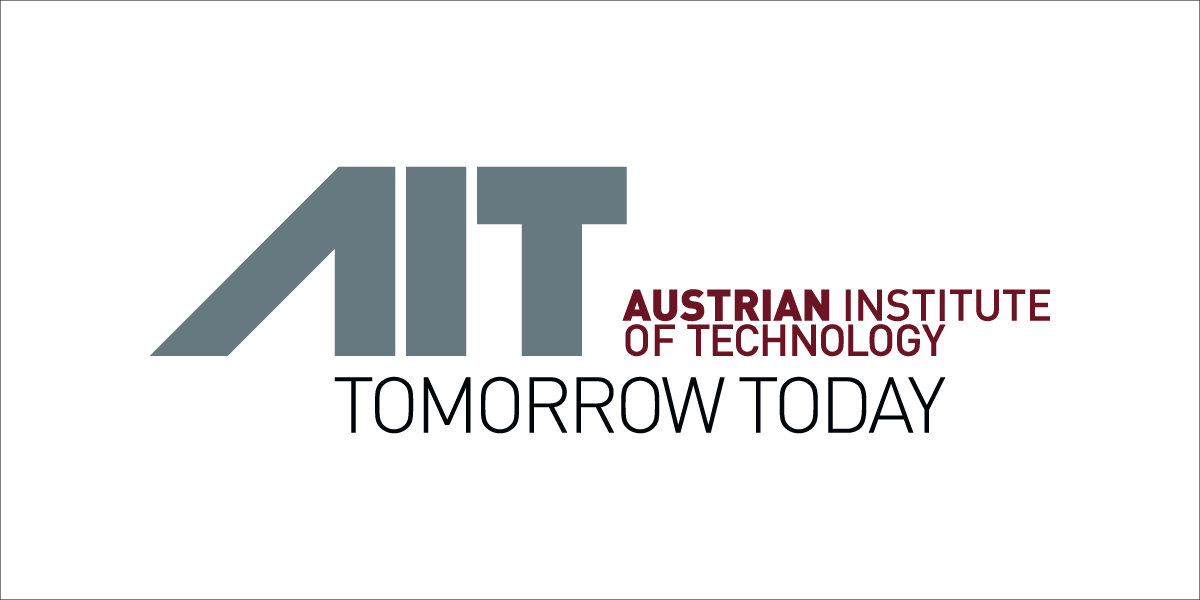
Im Rahmen des Europäischen Forum Alpbach, organisiert das AIT Austrian Institute of Technology, Workshops. Das Hauptziel dieser Workshop-Labs ist es, europäischen und österreichischen Verantwortungsträgern im Bereich der digitalen Souveränität Empfehlungen für die Gestaltung der europäischen Datenökonomie zu liefern. Die Veranstaltung umfasst eine moderierte, offene und interdisziplinäre Multistakeholder-Diskussion, in der verschiedene Standpunkte, Erfahrungen und Expertisen zusammengeführt werden.
Teilnehmer:innen
Philipp Agathonos was born in Athens (GR) in 1965 and studied political sciences in Vienna. He joined the Austrian MFA in 2003 and has served in Brussels, Beijing and Vienna. Main expertise: EU Integration, EU Security Policy, Civilian Crisis Management, Peace Building and Conflict Prevention, New technologies, including Cyber Security.
Reinhard Altenburger is Professor for Strategic Management, Sustainable Management/CSR, and Innovation in the Department of Business of the IMC University of Applied Sciences Krems since 2009. The focus of his research is “CSR and Innovation” as well as “Innovations in Family Business” and the connection of social responsibility and corporate strategy. His actual research interest is in the field of artificial intelligence and corporate responsibility. Reinhard serves on the editorial board of “AI and Ethics” and as a reviewer for several scientific journals. Reinhard Altenburger has 15 years of work experience in the banking industry in the fields of strategic planning, retail strategy, and IT solutions. He has held numerous presentations at scientific conferences and also published and edited 12 books in his research field.
Maren Beaufort is a Communication Scientist (Phd, University of Excellence Hamburg) at the Institute for Comparative Media and Communication Studies (CMC) of the Austrian Academy of Sciences (ÖAW) and the University of Klagenfurt and most recently a Research Associate at the European University Institute (EUI). She also takes part in the EU Media Pluralism Monitor (MPM) since 2016, in the Horizon Europe project “Mapping Media for Future Democracies” since 2023 and in the EU-project “Local Media for Democracy”. Her consultancy assignments include the membership in the Scientific Advisory Board of the German-Austrian Digital Media Observatory (GADMO), which is the largest anti-disinformation alliance of fact-checkers and academic researchers in Germany and Austria as part of the Europe-wide network of the European Digital Media Observatory (EDMO). She is also a member of the “Think Tank for Critical Media Literacy in Adult Education” and of the Scientific Advisory Board of the “Branded Content Research Hub`s BCG Project” of the London College of Communication. Her research focuses on political communication, transforming communication spaces online and offline, democratic information performance and disinformation, usage behaviour and information literacy, as well as on the consequences for public opinion formation, action and responsibility. She has special expertise in research on (digital) media in democratic systems.
Francesca Bertin is currently employed in the Italian public administration. Previously, she was a junior research assistant at the Utrecht Center for Regulation and Enforcement (RENFORCE) at Utrecht University.
Lukas Brunner currently holds a senior scientist position in the Climate Dynamics and Modeling group at the University of Vienna. Previously, he worked as a postdoctoral researcher at ETH Zurich and completed his PhD in Environmental System Science at the University of Graz. His research interests include the investigation of atmospheric high-pressure systems and their impact on surface extremes as well as understanding and quantifying uncertainty in future climate model projections. He is also interested in statistical and machine learning approaches for climate research, open science, and public outreach.
Mario Cervantes is a Senior Economist for the OECD’s Committee for Scientific and Technological Policy (CSTP) where he leads the Committee’s global relations with non-member counties on policies and OECD legal standards in science and technology, including access to research data and international research co-operation. He has more than two decades of experience in STI policy and has drafted numerous reports and studies on topics such as open science, open innovation, demand-side innovation policies, smart specialisation, commercialisaton of public research, and most recently, policies for low carbon innovation. Prior to joining the OECD, Mr. Cervantes worked as an economist at Columbia University’s Centre for Tele-Information (C.I.T.I) and undertook post-graduate studies in internet law at the Berkman Klein Center for Internet and Society.
Mario Drobics is Head of Competence Unit for Cooperative Digital Technologies at the AIT Austrian Institute of Technology GmbH. He received his PhD in applied mathematics in 2005 at the Johannes Kepler University Linz in Austria. Since 2007 he is working in the Center for Digital Safety & Security at AIT. His research addresses various aspects of digitalization, including data interoperability, security, IoT, and data analytics, focusing on the application in different domains like public safety, manufacturing, and health. Dr. Drobics is member of the management board of the Gaia-X Hub Austria, member of the board of PSC-Europe, member of the AIOTI Alliance and member of the national ISO/IEC JTC1-SG41 (IoT) working group.
Roland Fadrany, Chief Operating Officer (COO), Gaia-X European Association for Data and Cloud AISBL With over 20 years of international management and consulting experience in the IT industry, he brings strong leadership and digitalization knowledge to the team. He has led a global service line, successfully delivered complex, critical programs and managed multinational development-, delivery- and partner organizations at companies like EDS, HP, A1 Telekom Austria, Microsoft and Detecon. Roland oversaw comprehensive innovation and transformation initiatives in various industries in Europe and the USA. He holds a master degree in “Engineering Management” from Southern Methodist University in Dallas, TX.
Tünde Fülöp is Senior Expert and COO at the Research Institute – Digital Human Rights Center. She studied law and European Studies at the University of Vienna, Universidade Católica de Lisboa and the College of Europe (Bruges/Natolin). She worked as research assistant at the Europainstitut of the Vienna University of Economics and Business and as legal adviser and head of unit at the Austrian Federal Ministry for European and International Affairs (International Law Office), the Austrian Federal Chancellery (Constitutional Service) and the Austrian Parliamentary Service. Her main areas of expertise are European Union law (institutions, external relations, democratic principles and fundamental rights), data protection and digital rights. Presently she works on EU digital regulation, AI ethics and law and digital human rights in research and consultancy projects at the interface of technology, law and society. She is an experienced speaker and lecturer in EU, digital and data protection law.
Thomas Hahn is since 2011 Chief Expert Software at Siemens AG. After studying computer science at Friedrich-Alexander University of Erlangen he joined the company in 1986. Thomas Hahn had several responsibilities in the area of manufacturing such as Head of Software Development for Industrial Automation Systems.Beyond his activities at Siemens, Thomas Hahn is a member or board member of various bodies, including Openlab CERN and steering committee Plattform Industrie 4.0. He is vice-president OPC Foundation, Vice-Chairperson GAIA-X AISBL, chairman of Labs Network Industrie 4.0, Boardmember of the Bavarian “KI-Rat” and president Big Data Value Association.
Katarína Klingová is a Senior Research Fellow of the Centre for Democracy & Resilience at the GLOBSEC Policy Institute, an international think tank based in Bratislava. Since 2016 she has led research on information operations and hybrid threats, and capacity-building projects focusing on societal resilience, vulnerabilities of public administration, and strategic communication. In her previous capacities, she worked for Transparency International Slovakia and the European Commission. Holds an MA in Political Science with Specialization in Research Methodology and Social Analysis from the Central European University in Budapest, Hungary and an MA in European Studies from Comenius University in Bratislava.
Frank Köster serves as the Founding Director of the Institute for AI Security at the renowned German Aerospace Center (DLR). With a dynamic vision and a profound understanding of the intersection of technology and security.
Helmut Leopold has more than 30 years of management experience in the field of digitalisation. He heads the Center for Digital Safety & Security at the AIT (Austrian Institute of Technology) with research focuses on key technologies such as data science, artificial intelligence, cyber security, quantum technologies and secure software systems. As head of technology at Telekom Austria, he was responsible for the company’s digitalisation transformation into a modern multimedia company. In this way, he played a key role in driving the introduction of broadband Internet and decisively shaped Austria as a digital location. Today, Mr. Leopold has been awarded international innovation prizes and state prizes as a digitisation expert. He was Chairmen of the Broadband Services Forum (BSF) in San Francisco, USA, he is the initiator and main organiser of the International Digital Security Forum (IDSF) and he chairs various expert groups. Helmut Leopold was born in Hohenems, Vorarlberg. After graduating from the HTL for electronics and communications engineering in Rankweil, Vorarlberg, he studied computer science at the Vienna University of Technology and earned a doctorate in philosophy in computer science at Lancaster University in England.
Katja Mayer is Elise Richter Fellow at the University of Vienna’s Department of Science and Technology Studies exploring the interface of science, technology, and society, with a particular emphasis on the politics of open science and data infrastructures. Her research spans from research and innovation policy to science diplomacy. With prior experience in the IT industry, visiting fellow at Carnegie Mellon University, as a research advisor to the President of the European Research Council, and postdoc at the TU Munich’s chair of Computational Social Sciences and Big Data, she’s well-versed in the practical and theoretical aspects of her field. Furthermore, she is senior scientist at the Center for Social Innovation ZSI in Vienna and member of the Uni Vienna research platform Governance of Digital Practices.
Uli Meyer is Professor for Sociology and head of the Department of Sociology with a focus on Innovation and Digitalization (SID) at Johannes Kepler Universität Linz. His research addresses the interplay between society and technology. Current research topics are the future of work, narratives of socio-technical futures, and the use of Artificial Intelligence.
Rachel Pollack is a specialist in freedom of expression and digital technologies at UNESCO. Her current work focuses on developing guidelines for safeguarding freedom of expression and access to information in the governance of digital platforms. She frequently organizes and participates in high-level events related to digital policy and governance. Rachel previously managed UNESCO’s flagship reports on World Trends in Freedom of Expression and Media Development, which sets the international agenda on press freedom and the safety of journalists. She is a graduate of Harvard University, the Ecole Normale Superiéure, the Ecole des Hautes Etudes in Sciences Sociales, and the Oxford Internet Institute, where she researched policy debates on algorithmic transparency in search engines.
Theresa Josephine Seipp is a PhD candidate at the University of Amsterdam’s Institute for Information Law (IViR), where she is an integral part of the AI, Media & Democracy Lab research team. Her primary focus lies in effectively regulating the opinion and political power wielded by digital platforms. To accomplish this, Theresa employs a predominantly normative legal research approach, examining the implications of increasing power concentrations within the digital media ecosystem for media pluralism and democracy. As part of her PhD research, Theresa also embarked on a three-month visit to the Polis think tank based at the Department of Media and Communication at the London School of Economics (LSE) to conduct interviews with news organisations.
Roland Sommer has been managing director of the association Industrie 4.0 Austria – the platform for intelligent production – since October 2015. In this role, he deals with many aspects of digitalisation around production. One focus is the secure and sovereign exchange of data along value chains. He is also a lecturer at FH Wieselburg and FH Kufstein. He holds degrees from the University of Natural Resources and Applied Life Sciences and the University of London. Sommer started his professional career at Technologie-Impulse Gesellschaft (now part of FFG), was responsible for research and innovation policy at the Federation of Austrian Industries and then Director of Public Affairs at AVL.
Christian Tauber is responsible for innovation and venture scaling in the field of digital platforms at K-Businesscom AG. He holds a master’s degree in electrical engineering from the Vienna University of Technology and an MBA from LIMAK Austrian Business School. He also completed postgraduate training, for example at the Stanford Graduate School for Business. Tauber started his professional career in the innovation department of Infineon Technologies Austria in the development of digital hardware and software. From 2017, he went through a management graduate programme in various key positions at the Kapsch Group in Austria and the USA. During his studies, he was also involved in the founding phase of a prop tech to revolutionise the marketing and search of real estate.
Frederik Tengg is an impact-driven entrepreneur, manager and investor from Austria. He wants to make a difference, develop and change things for the better. He has 15+ years of experience in supply chain and process optimization. Frederik founded a successful start-up for SaaS solutions supporting construction processes. His holistic approach to data-driven business models, business processes and business development distinguishes him together with his cross-industry background and network. Frederik holds a master’s in business administration and gained international experience in France, China, the US and throughout his career in more than 10 European countries. Frederik lives together with his wife and their 3 daughters in the suburbs of the beautiful city of Vienna/Austria.
Deniz Wagner is an adviser to the OSCE Representative on Freedom of the Media, leading the office’s work on media freedom at the intersection of digital technologies. She currently leads the OSCE’s project on Artificial Intelligence and Freedom of Expression, and is Rapporteur for the OSCE’s Advisory Group of Eminent Experts for Media Freedom. Deniz has steered projects establishing independent oversight bodies for the media industry, supported legal reform initiatives to enhance media pluralism in numerous European countries, and worked on initiatives developing human rights-based approaches to addressing disinformation in the digital age. Previously, Deniz worked in strategic communications and was a Senior Adviser for Human Rights at the Austrian Ministry for Europe, Integration and Foreign Affairs. She has a diverse background in human rights and security, and holds a Master Degree in Globalization and Development.
Michael Wiesmüller, Federal Ministry for Climate Action, Environment, Energy, Mobility, Innovation and Technology. Initially stemming from the humanities and holding a degree in philosophy of science, working several years as scientists in the Humanities and as Management Consultant with A.T. Kearney he joined the Federal Ministry in late nineties. He is currently Head of Department for Key enabling Technologies for Industrial Innovation. Main responsibility of this department covers the design of Innovation Policies for High-Tech-Industries, national R&D strategies and programs in these domains, and areas of International R&D Policy and Coordination. Among others, he acted as Austrian Delegate to the European ICT-Program, as Governance Board Member of the JTI’s ECSEL, ARTEMIS, ENIAC and KDT, as Director of the EUREKA Clusters ITEA 3 and CATRENE and Austrian Lead Delegate to the Key Enabling Technologies. He represents Austria in various Mirror-Groups of European Technology Platforms and in several European Policy Coordination Initiatives. Special Initiatives initiated in his department over the last decade: Industry 4.0, Pilot Factories, Silicon Austria Labs, AI-Strategy Austria, Chips Act and various national Lighthouse projects such as Data Market Austria.
Kai Zenner is Head of Office and Digital Policy Adviser for MEP Axel Voss (European People’s Party Group) in the European Parliament. Describing himself as a digital enthusiast, he focuses on AI, data, and the EU’s digital transition. Currently, he is involved in the political negotiations on the AI Act, the AI liability directive, the eprivacy Regulation and a potential GDPR revision. In his individual capacity, he is pushing for reforms within the European Parliament and for bringing back the Better Regulation agenda to EU policymaking. Mr Zenner graduated in political science (M.Sc. at University of Edinburgh, B.A. at University of Bremen) and in law (State Exam at University of Münster). Before moving to the European Parliament, he worked as research associate at the European office of the Konrad Adenauer Foundation in Brussels.
